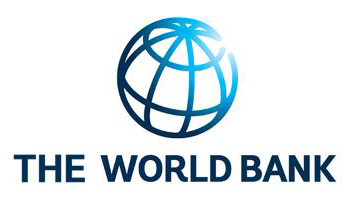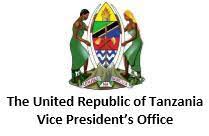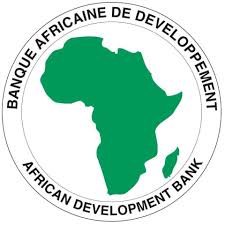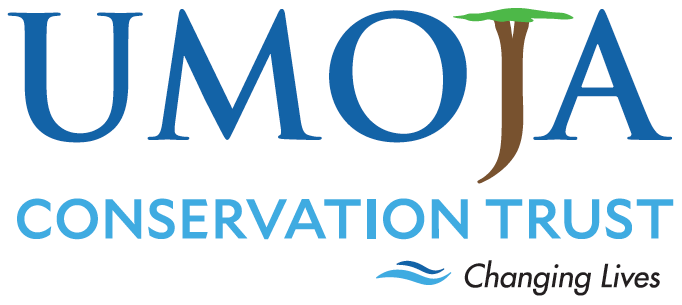The Africa Forum on Sustainable Waste Management 2025, WMF2025
Africa is experiencing a rapid increase in urbanization, with an expected 1.4 billion people living in cities by 2040. This growth, while presenting economic opportunities, puts enormous strain on waste management systems. In most African countries, waste management is still in its infancy, with only 30% of urban areas receiving waste collection services. Limited infrastructure, a lack of financial resources, and insufficient public awareness are key obstacles to improving waste management across the continent.
In some countries, waste management is primarily handled by informal sectors. While this provides employment, it also perpetuates inefficiency and undermines health and safety standards. Some countries, such as South Africa and Rwanda, have made notable progress in waste management, implementing policies to promote recycling and waste reduction. However, these successes are not widespread, and many countries lack the financial and technical capacity to scale such interventions.
The issue of waste management in Africa has become an urgent concern for governments, international organizations, and local communities. With the continent’s rapid urbanization, increasing population, and industrialization, the volumes of waste produced continue to escalate at an alarming rate. However, the management of this waste remains inadequate and unsustainable. Poor waste management in Africa presents substantial environmental, health, and economic risks, which in turn threatens the achievement of the United Nations Sustainable Development Goals (SDGs).
However, this increasingly surmounting threat has a flip side to it. There is a lot of value in waste, especially in Africa.
As a precursor to the Africa Climate Summit slated for November, The Africa Forum on Sustainable Waste Management 2025 seeks the urgent need for Africa to find lasting solutions to this special focus on alleviating the dangers of poor waste management, assessing its impact on SDGs, and designing necessary interventions like regulatory and policy guidelines etc.
The resolutions and declarations of the WMF 2025 will constitute Africa’s paper positions to ACS 2025 and COP 29 in Scotland.
Theme: Social Security Funds: A Catalyst for Infrastructure Developments and Inclusive Socio-Economic Growth in Africa
Where: State University of Zanzibar (SUZA) Zanzibar, United Republic of Tanzania





